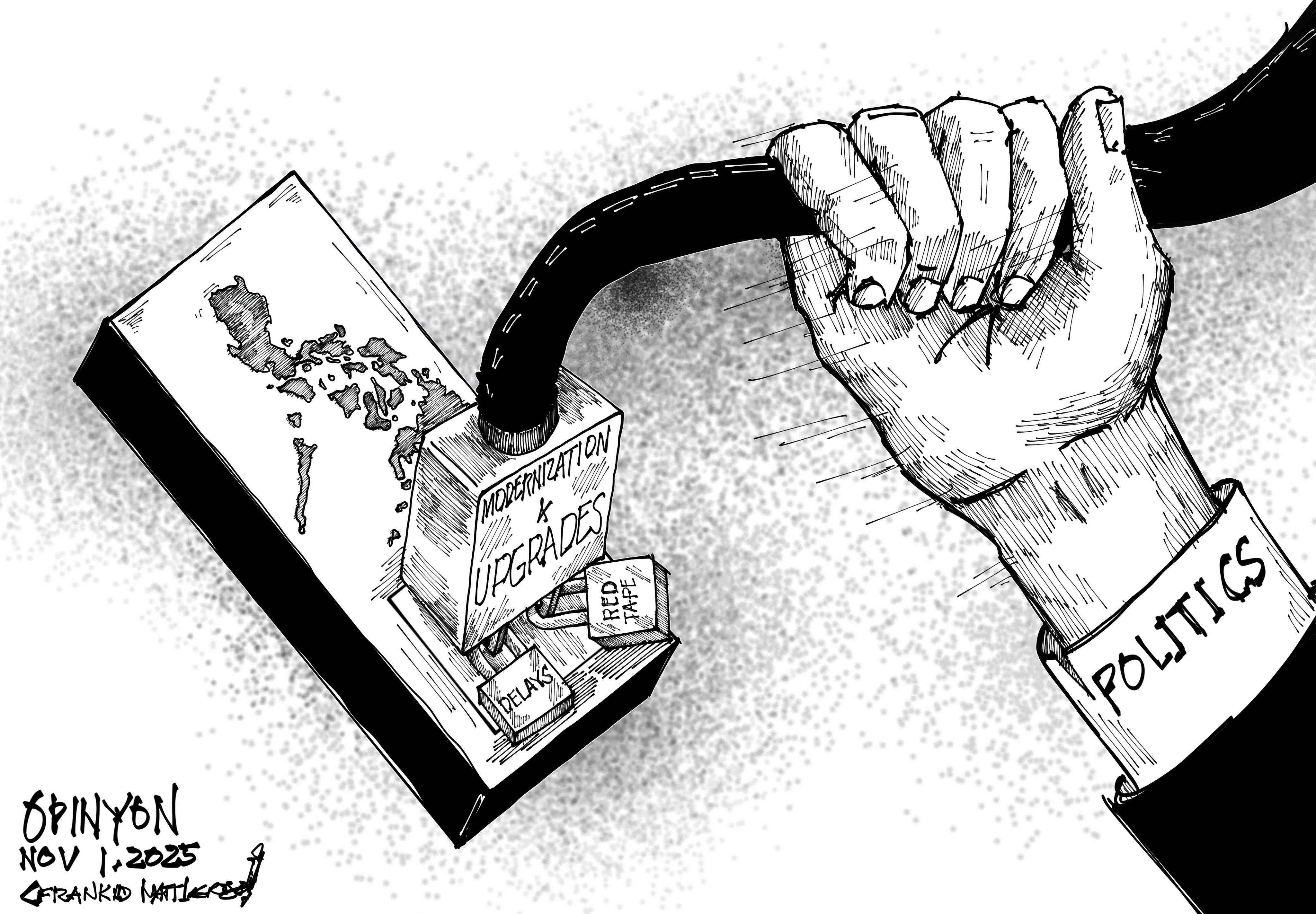Electricity is more than a convenience; it is the pulse that keeps the nation alive.
Every factory that hums, every hospital that heals, and every home that glows at night depends on the steady flow of power. When that flow is interrupted by outdated systems or delayed upgrades, the consequences ripple far beyond darkened rooms. They dim the nation’s progress.
In the Philippines, the need for efficient and timely improvements in essential services like electricity has never been more urgent.
Frequent brownouts and fragile grids have exposed the vulnerability of our energy infrastructure.
Each delay in modernization costs the economy millions and disrupts lives in ways that numbers cannot fully capture.
For a developing nation striving to compete globally, reliable power is not a luxury but the foundation of growth.
Modernizing energy systems should not be trapped in layers of bureaucracy or political hesitation. Environmental safeguards and regulatory checks are vital, but they should move hand in hand with urgency and accountability.
Transparency in project planning, firm timelines, and competent management can ensure that every upgrade serves its purpose without unnecessary delay.
The government and private sector must also work together to embrace renewable energy and technological innovation. Efficient upgrades mean cleaner power, fewer disruptions, and greater access for communities still waiting for reliable electricity.
Time is a resource as valuable as power itself. Every postponed repair and every stalled project weakens public trust and slows down the economy.
To keep the country moving forward, we must treat energy modernization as a race against time. One that determines whether the Philippines will merely keep the lights on or truly shine.

